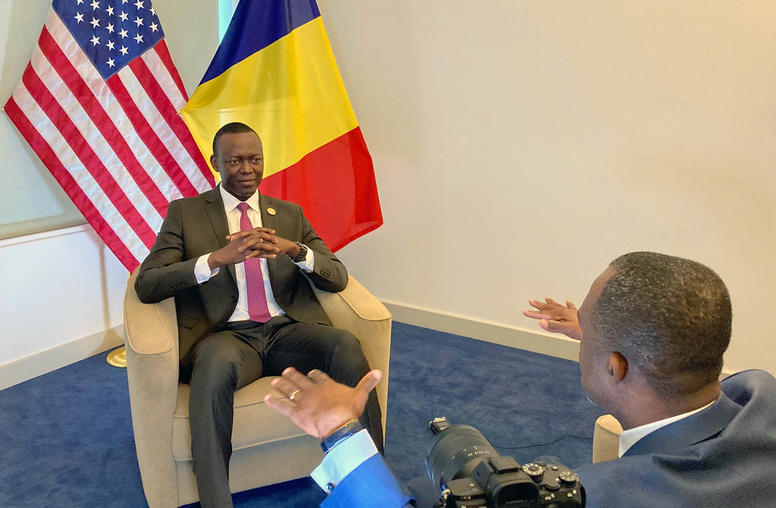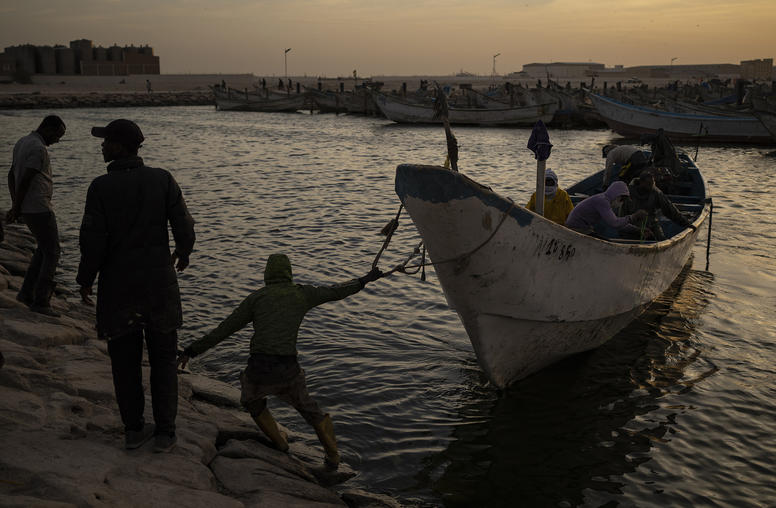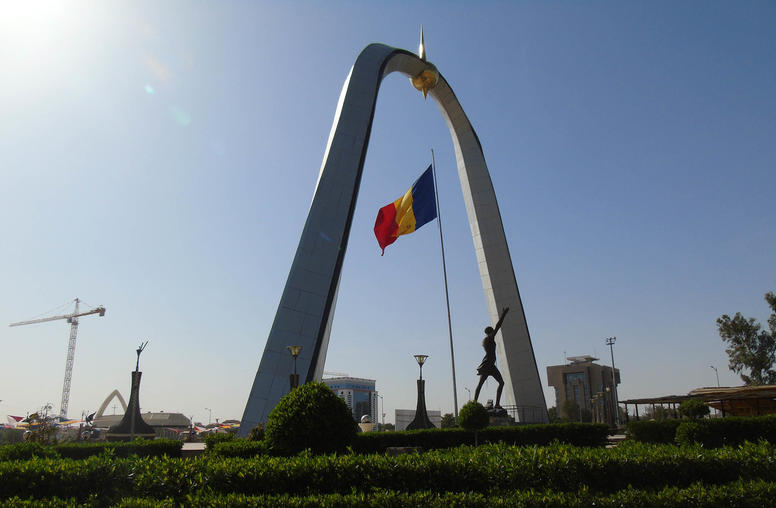Resolving Chad’s Political Crisis: A Role for Civil Society?
Chad's internal political crisis has resulted in coups, the formation of armed groups, and a vicious cycle feuling the conflict in Darfur. What obstacles and opportunities do the Chadian and diaspora civil society groups face in resolving the crisis?
The political crisis plaguing Chad has generated several armed groups, resulted in a number of coup attempts, and is part of a vicious cycle that fuels the conflict in Darfur. Recent agreements between the government and the armed opposition, the political opposition, and the government of Sudan have been neither implemented nor resulted in a reduction in tension. Key objectives of opposition groups, domestic civil society organizations, and diaspora groups are an inclusive dialogue with the government, respect for human rights, and the creation of conditions to ensure a free and fair election. The international community has dispatched limited peacekeeping and humanitarian missions, but many continue to call for a more robust response to the political crisis. What strategies are being employed by domestic and diaspora civil society organizations to resolve the political crisis? What challenges and opportunities do they face as they work toward peace in Chad?
Speakers
- Gilbert Maoundonodji, Association for the Promotion of Fundamental Liberties in Chad
- Djimé Adoum, Independent Commission for an Inclusive Dialogue
- Omer Ismail, ENOUGH Project
- Dorina Bekoe, USIP, Moderator



